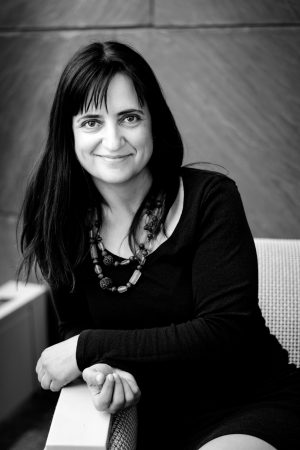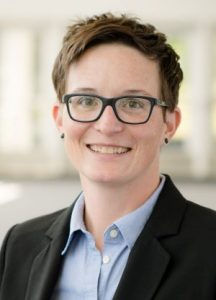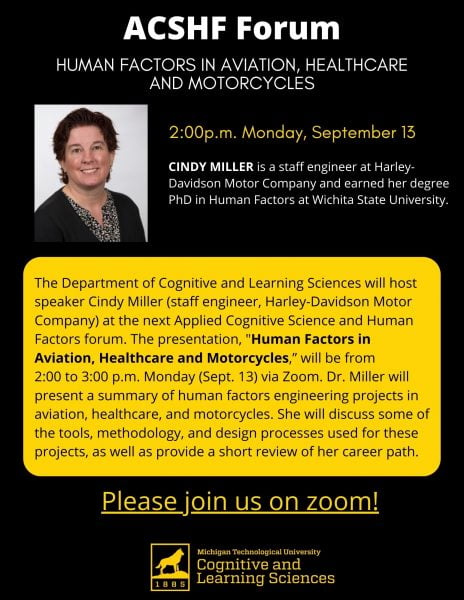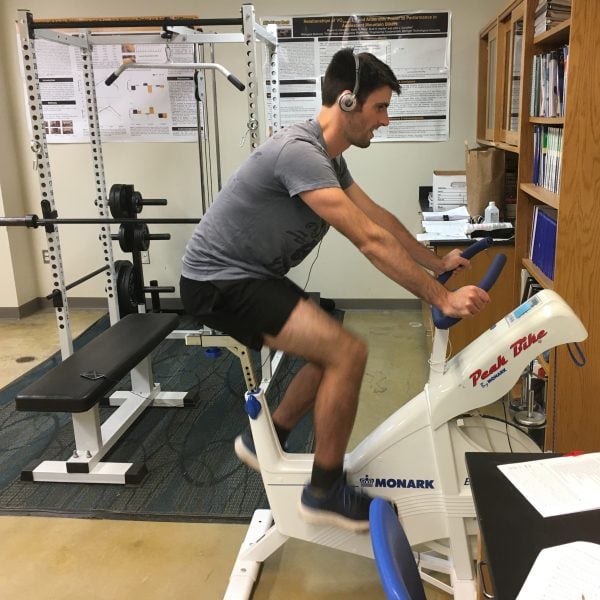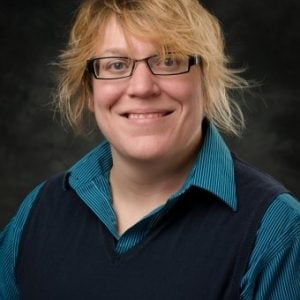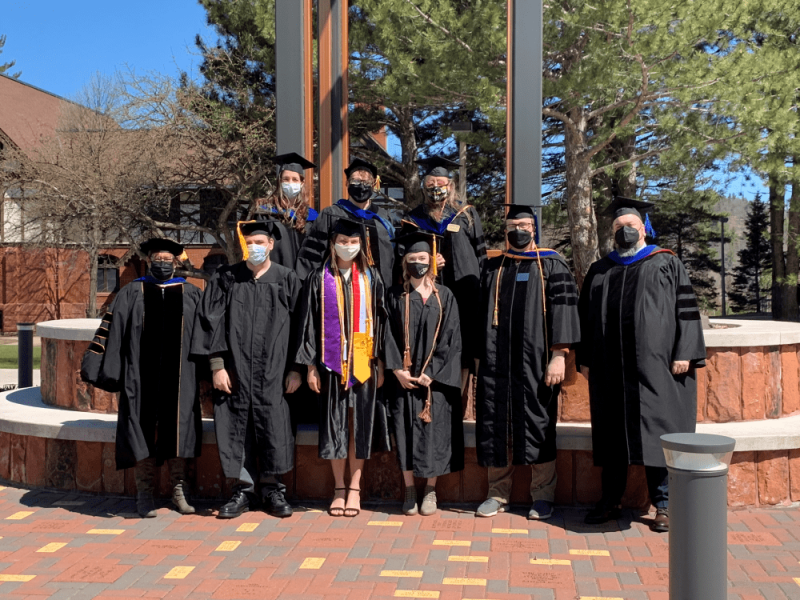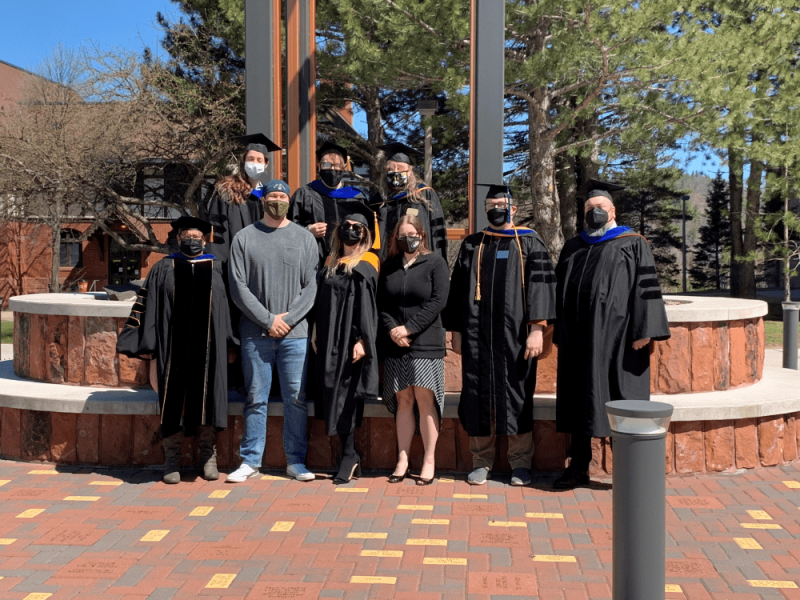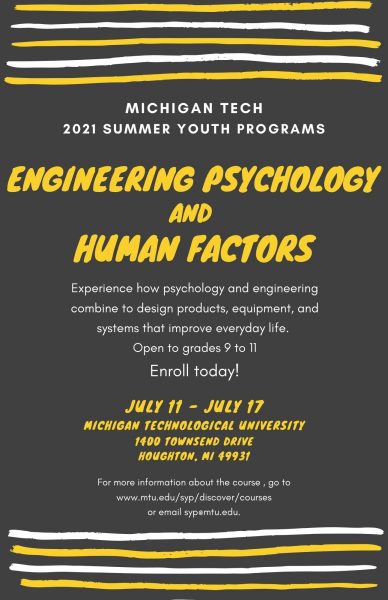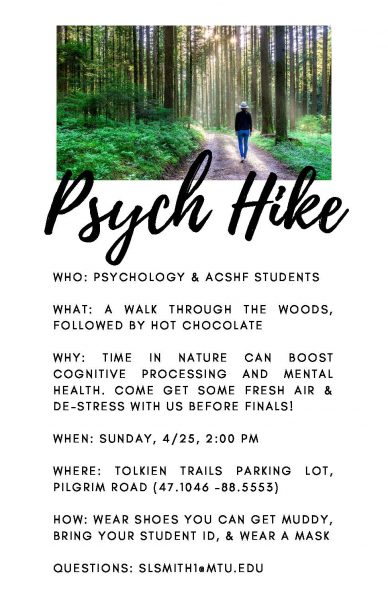The Department of Cognitive and Learning Sciences will host speaker Stefka Hristova (Associate Professor Humanities) at the next Applied Cognitive Science and Human Factors forum. The presentation, “Emptied Faces: In Search For An Algorithmic Punctum”, will be from 2:00 to 3:00 p.m. Monday (Oct. 11) in Meese 109 and via Zoom.
Abstract: In his seminal work Camera Lucida, Roland Barthes wrote that in photographic portraits “[t]he air of a face is unanalyzable.” This argument connects to the larger theory of the photographic punctum, a laceration of time that signals the existence of a subject and forecasts its death. The punctum of the traditional portrait quickly became complicated as portraiture fueled composite portraiture linked to human typologies as exemplified by the work of Galton, Bertillon, and Lombrosso. This practice of combining and reconfiguring faces has found new currency in contemporary algorithmic culture where human faces are recorded, dissected, and recombined into seamless deep fake faces by what Deleuze and Guattari call “faciality machines.” This talk traces the articulation of faces in predictive algorithms through an investigation of the UTKFace data set. Further, it analyzes the rise of deep fake portraits through an engagement with Philip Wang’s This Person Does Not Exist and Mitra Azar’s DoppelGANger projects. This harnessing of portraits and therefore of human faces as raw material has been challenged in a counter project titled This Person Exists, which exposes the real people behind Wang’s project. This work brings back notions of personhood and humanity by revealing the original photographs as well as their authors and subjects and points to the ways in which algorithms feed on and erase humanity. I situate two additional sites of resistance to the decomposition of the human face: namely Deleuze and Guattari’s concept of “unknown tracts” and Barthes’ notion of the photographic punctum.
